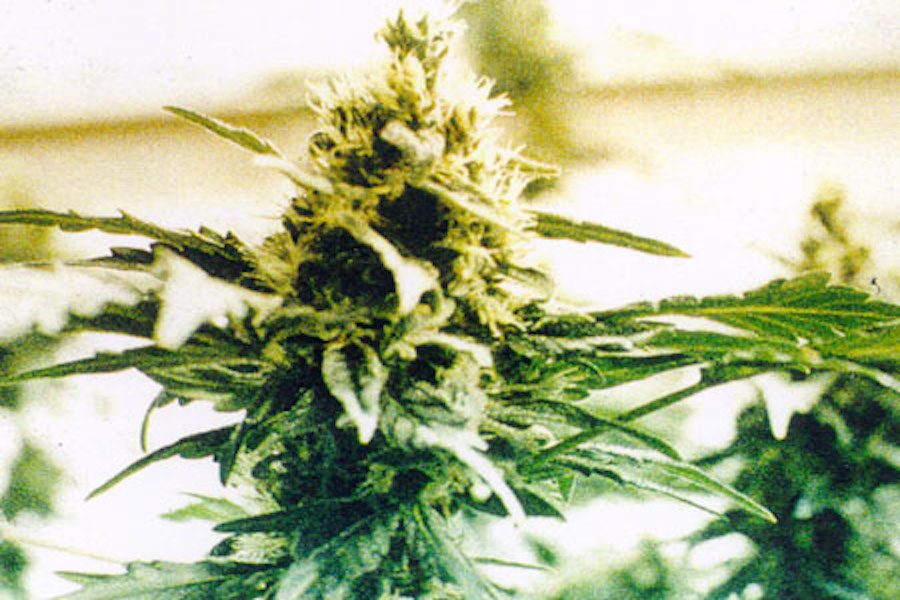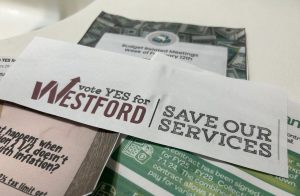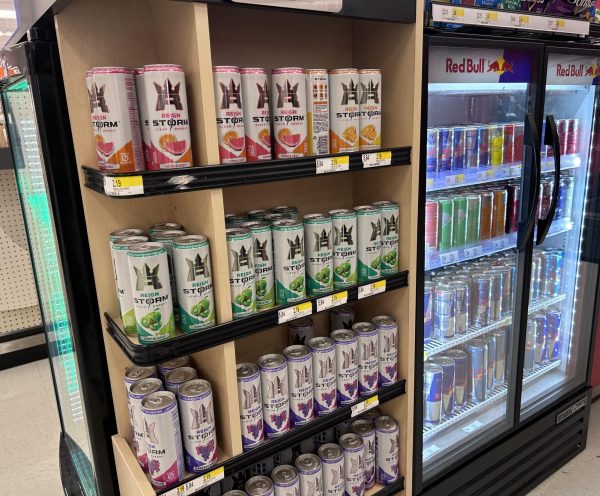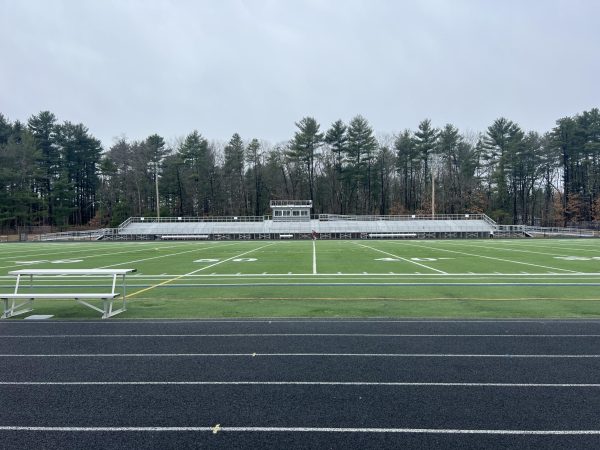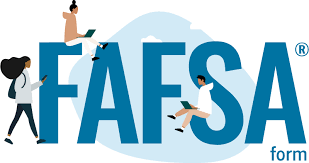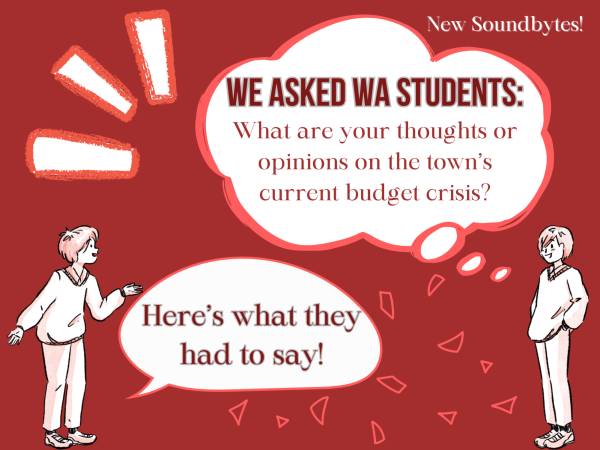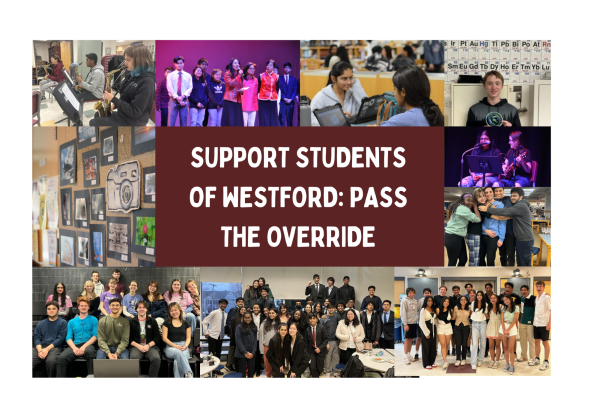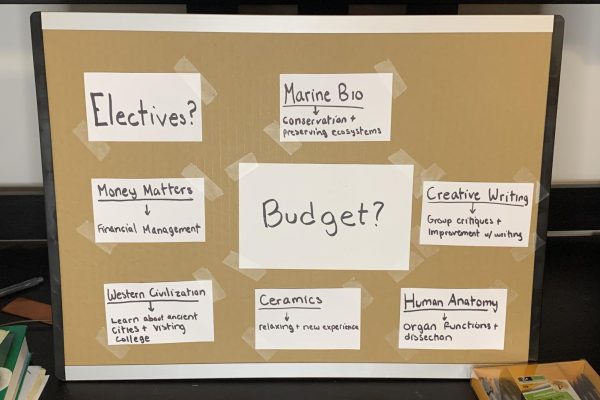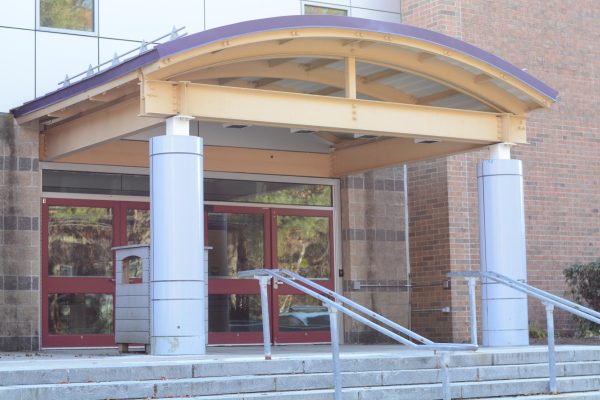Massachusetts: yes weed can
October 20, 2016
On November 8th, Massachusetts voters will exercise their democratic rights, making decisions which will outline the direction of The United States, and the state of Massachusetts.
One of these decisions will be made by checking “yes” or “no” on Question 4, which will make marijuana legal to possess, use privately for recreational purposes, and cultivate for adults who are at least twenty-one years old in Massachusetts. It is for the preservation of government regulation, economic growth, expanded consumer protection, and the well-being of the public’s majority, that the Massachusetts Marijuana Legalization Initiative must be passed this November.
Undeniably, there is already a booming marijuana industry in Massachusetts, and in the United States of America. In Massachusetts alone, millions of dollars every year are spent on black market pot. The business revenue, however, is sent not to private businesses or the government, but typically to the pockets of international cartels, many of whom operate on the basis of brutal violence and trade relations with global terrorist organizations such as Al Qaeda and ISIS.
People in this state will use marijuana, whether it is legal, or illegal. Passing the Massachusetts Marijuana Legalization Initiative will not cause men and women who have never smoked pot to immediately grab the Doritos and put on their Jefferson Airplane records. It will simply ensure that their money does not go to dangerous criminals, but instead, to small businesses, and through tax revenue, public education and domestic infrastructure, in order to boost the state’s economy.
Legalization of cannabis will not promote its use, just as the twenty-first amendment, which ended alcohol prohibition, did not encourage more people to drink. It simply put forth regulations that made drinking safer, and no longer an industry for mafiosos and gangsters to control. The legalization of marijuana is no different, it will not cause people to start smoking, but instead disassociate it with the violence and danger of black market drug trade.
When the public leaves cannabis sale up to black market business, not only does the government sacrifice millions of dollars to criminal organizations, but it also sacrifices its say in to whom cannabis is sold, and what goes into the product.
Currently, it is arguably easier for a teenager in the United States to acquire marijuana than it is for him to get his hands on alcoholic beverages, even though liquor sale is legal. The rationale surrounding this irony, is centered around the fact that the federal government has put forth strict age regulations which punish businesses caught selling liquor to minors. A drug dealer; however, will have no concern regarding the age of his customers, as it is completely irrelevant to him and his business. If the state of Massachusetts legalizes the use of marijuana, it will at least give the government control over who is allowed to purchase it.
Consumer protection for cannabis can also help to set forth regulatory guidelines surrounding how legal marijuana products are prepared, ensuring that they are not mixed with any harmful additives and contain an appropriate level of THC, the psychoactive component found in weed. Our current black market industry, which has no safety regulation whatsoever, and does not prevent dealers from altering the plant, spray it with ammonia or mix it with other herbs such as tobacco or catnip to maximize profit.
While considering the acceptance of pot use into our supposed free American culture, it is important that we do not make false equivalencies, and refrain from comparing cannabis, a drug whose properties alone, have taken no lives (CDC), and are unassociated with any long-term diseases such as lung cancer or addiction, to harder substances such as cocaine and heroin, with which it currently shares a federal legal status.
Opponents of legalization often state the arguably redundant fact that pot is a drug, and is therefore, detrimental to public health. From generations of “just say no” fear campaigning and false facts intending to stray the population away from drug use at a young age, it is easy to be misunderstood and see marijuana to be deadly and mentally corrosive. Statements with no scientific evidence or backing have been passed on for decades, such as the myth that marijuana kills brain cells, or the unproved theory that pot is a gateway drug. It is important that as open minded people, we listen to our sense of reason while at the voting booth, and not the “your brain on drugs” egg commercial we watched repeatedly as children.
It has been stated repeatedly, that compared to alcohol, a toxic substance whose use is socially acceptable and legal for adults, marijuana is less toxic (CDC) and less likely to instigate violence or addiction in its consumer. President Barack Obama himself once said that marijuana is “no more dangerous than alcohol,” yet an adult having a drink is perfectly legal, while one caught joint-in-hand will likely go to prison.
It is absolutely necessary that we put an end to the merciless and unfair treatment of adults making their own personal decisions. If one remains strongly opposed to marijuana, it is his personal decision to refrain from using it, but by ignorantly voting to forbid local government from ensuring that the pre-existing pot market is made more safe and kept away from children, we are not only mistreating millions of innocent people, but are further harming the public by allowing an irresponsible, cruel, and unhinged black market drug culture to grow and expand.
The Massachusetts Marijuana Legalization Initiative has given the state of Massachusetts an opportunity to make a lasting and positive reform to our state’s laws. Now it is our turn to do what is intelligent, moral, and fair. Now it is our turn to pass it.

